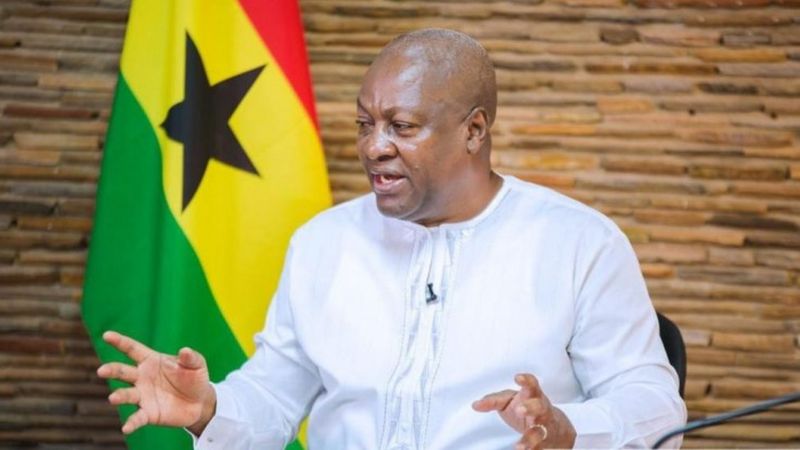Ghana’s president-elect, John Dramani Mahama, has pledged to reform the country’s cocoa sector to boost growth and efficiency in the world’s second-largest cocoa-producing nation. In an interview with Reuters, Mahama vowed to reorganise the state-run regulator, COCOBOD, criticising the current structure of the cocoa industry, emphasising the need for a regulatory framework that prioritises farmers’ earnings.
“Can we have a state enterprise that is the regulator and quality controller, and that creates an opportunity where the farmer is getting his money directly? We will see how to restructure it (COCOBOD),” he assured.
COCOBOD currently oversees all aspects of cocoa production in Ghana, from the distribution of seedlings to the supply of jute bags for exporting cocoa beans but has continued to underperform, despite efforts to reform the organisation.
Mahama hinted at a new strategy that might include private sector involvement in some areas currently managed by COCOBOD.
Mahama, who was re-elected on December 7, for a second term, fueled by public dissatisfaction in the country, with rising living costs, economic instability, and declining output in key sectors such as cocoa and gold.
As leader of the National Democratic Congress (NDC), which also secured a majority in Parliament, Mahama will assume office on January 7, as Ghana navigates its recovery from its worst economic crisis in a generation.
Mahama has maintained that revamping the country’s economy will top his plans for the next four years, as he hopes to boost its cocoa and crude oil production
Ghana’s cocoa production recently fell to its lowest levels in decades due to challenges such as climate change, tree disease, and illegal gold mining, greatly affecting its non-tax revenue.
The president-elect criticised COCOBOD for the way it has been run, especially with “wasteful spending” between 2018 and 2023.
“COCOBOD’s wasteful spending has deprived farmers of optimal prices,” Mahama stated.
“We’re willing to work with anybody if it’ll make the cocoa sector more efficient and bring back our cocoa production to what it was before,” he added.












